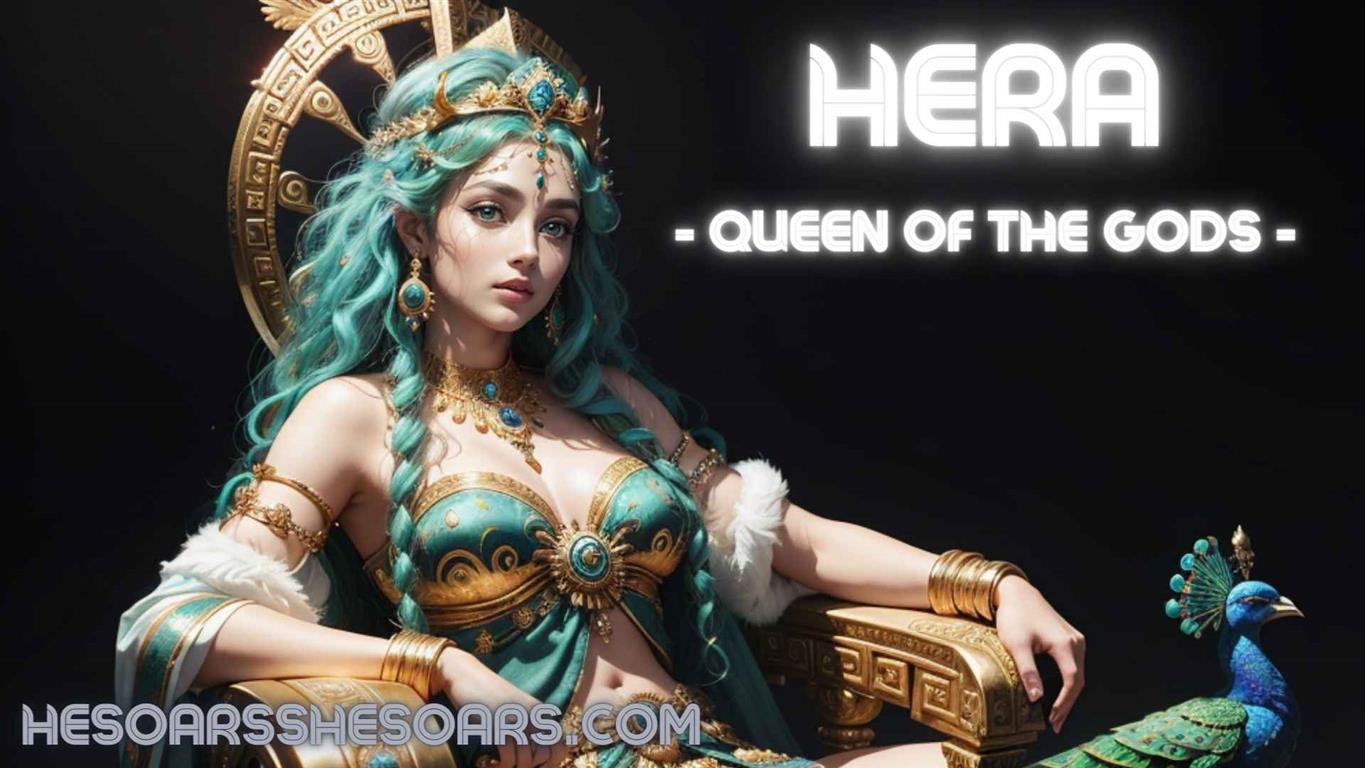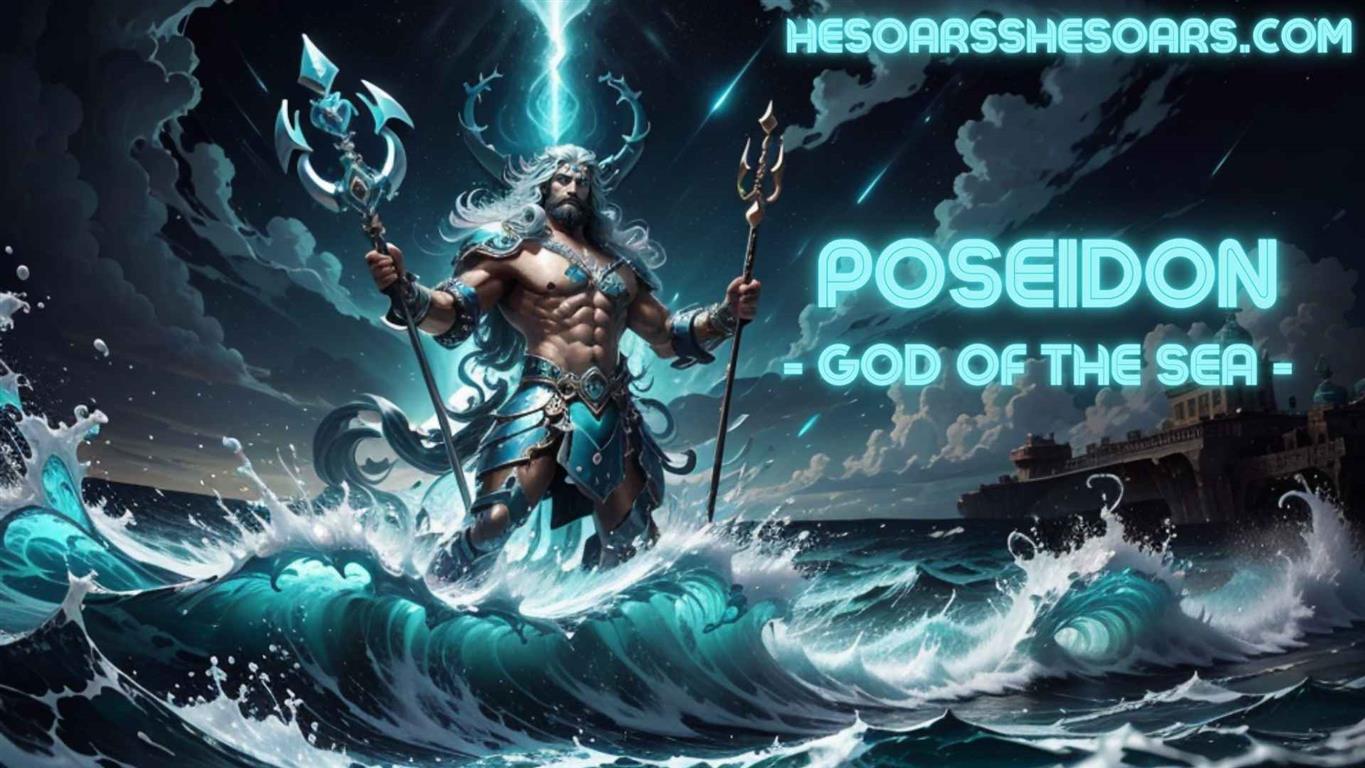Introduction
Greek mythology, with its colorful stories and iconic characters, has had a profound influence on the culture and art of the modern world. One of the most prominent figures in Greek mythology is Atlas. The story of Atlas is not only the story of a powerful Titan, but also a symbol of strength, fortitude, and eternal punishment.
Background to the Atlas Myth
Atlas was one of the Titans, the second generation of gods who ruled the world before Zeus and the Olympians. According to mythology, the Titans were the children of Uranus (Sky) and Gaia (Earth). He, known for his strength and tenacity, was often depicted as the figure responsible for holding up the heavens.
The Role of Atlas in Mythology
Atlas’ greatest role in Greek mythology occurred during the Titanomachy, the great war between the Titans and the Olympians. He, siding with the Titans, was ultimately defeated by Zeus. As punishment for his rebellion, Zeus cursed he to carry the sky on his shoulders forever. This task, often interpreted as the support of the earth, is a symbol of eternal burden and punishment for betrayal.
Atlas and Heracles
One of the most famous stories involving he is in the myth of Herakles (Hercules in Roman mythology) and his 11th Labor, namely retrieving golden apples from the Garden of the Hesperides. Heracles, needing Atlas’ help to retrieve the apple, agreed to hold up the sky while he went to retrieve the apple. However, he tried to trick Heracles into carrying the burden of the sky forever. Heracles, cleverly, asked he to momentarily prop the sky back up so he could adjust his bearings, and then fled with the golden apples.
The Symbolism
Atlas is often considered a symbol of strength, fortitude, and resilience. He also represents the burden of responsibility and consequences of rebellion. In many artistic representations, he is depicted as a tough and muscular figure, supporting the celestial sphere, which is often interpreted as the earth.
The Legacy
In modern times, he has become a symbol and inspiration in various fields. From the name of the rocket program (“Atlas Program”) to representations in architecture and sculpture (such as the Atlas statue in Rockefeller Center, New York), he continues to be a symbol of strength and resilience capable of bearing enormous loads.
Conclusion
Atlas is not only an important figure in Greek mythology, but also a powerful symbol in contemporary culture. His story of strength, resilience, and the consequences of rebellion continues to inspire and influence many aspects of modern life and art.




